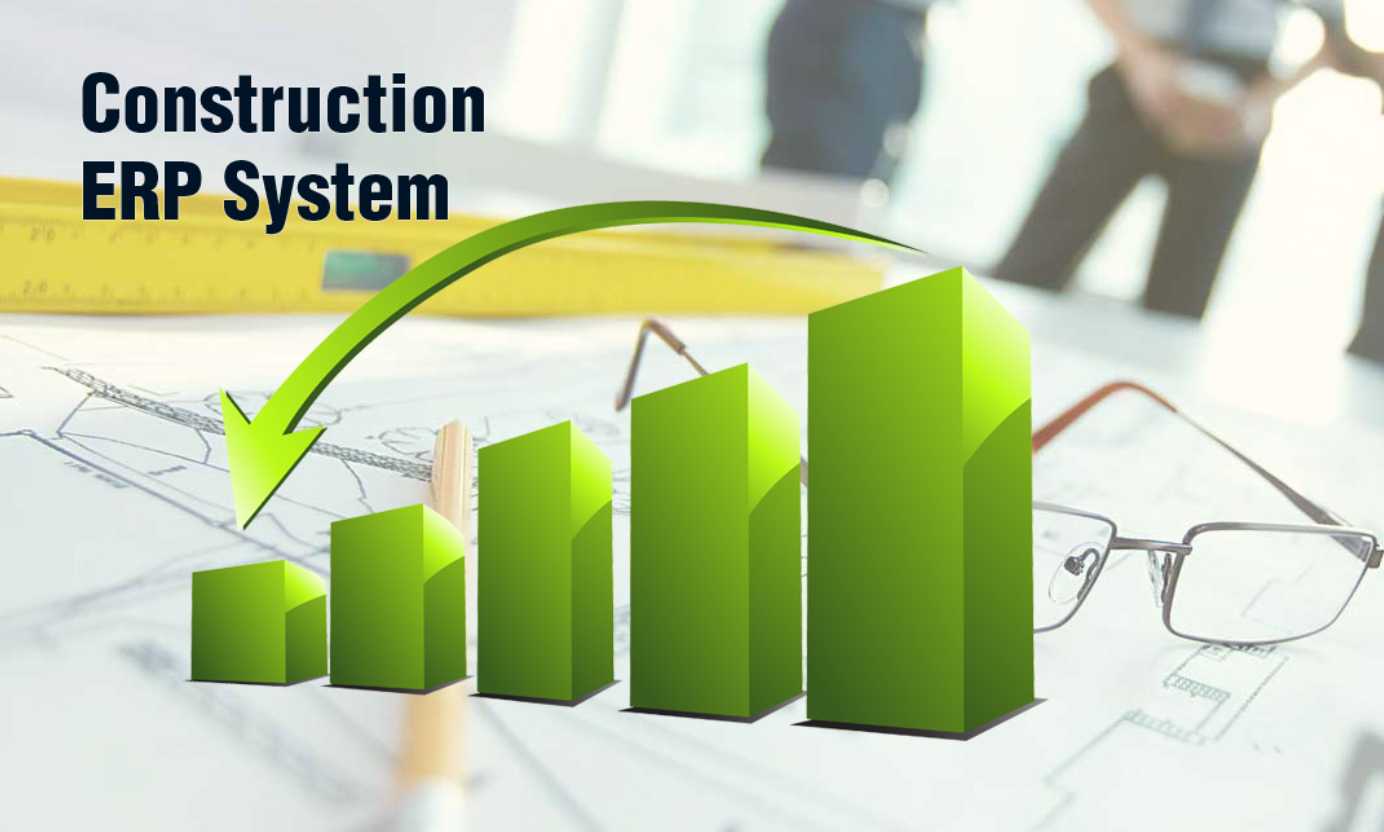Construction ERP – In the dynamic construction world, managing projects with precision is fundamental to success. Construction ERP (Enterprise Resource Planning) systems are reshaping the industry, offering an all-encompassing approach to overcoming the intricate challenges of building projects. This exploration delves into the pivotal features, advantages, and transformative effect of Construction ERP on the construction sector.
Construction ERP
Key Features of Construction ERP
Project Scheduling and Tracking
Construction ERP shines in orchestrating project schedules, equipping teams to forge realistic timelines and monitor advancements with precision. The agility to provide real-time updates empowers enhanced decision-making and adaptability to unexpected hurdles.
Resource Management
The strategic deployment of resources is crucial in construction. ERP systems offer a unified command center for administering labor, machinery, and materials, guaranteeing the judicious use of resources across the project’s span.
Financial Oversight and Reporting
The financial intricacies of construction projects are manifold. Construction ERP simplifies financial oversight and reporting, yielding precise insights into project expenditures, budget compliance, and fiscal well-being.
Benefits of Implementing Construction ERP
Elevated Project Insight
Construction ERP amplifies project transparency, granting stakeholders a clear view of project progress, critical milestones, and emerging challenges. This clarity nurtures collaborative efforts and enlightened decision-making.
Cost Governance and Budget Mastery
Stringent cost governance is paramount in the construction realm. ERP systems endow project overseers with the tools to scrutinize costs in real time, pinpointing budgetary excesses promptly and fostering proactive fiscal stewardship.
Harmonized Communication
Effective dialogue is the cornerstone of triumphant construction endeavors. Construction ERP streamlines communication within project collectives, curtailing delays and ensuring unified progress.
Industries Reaping the Rewards of Construction ERP
Commercial Construction
Majestic commercial construction ventures benefit from the exhaustive project management prowess of Construction ERP, which guarantees punctual delivery and budget fidelity.
Residential Construction
In residential construction, ERP systems refine procedures like project orchestration, resource allocation, and dialogue, culminating in heightened efficacy and client contentment.
Infrastructure Initiatives
Infrastructure undertakings, known for their magnitude and intricacy, derive value from Construction ERP in the stewardship of resources, timelines, and financial plans.
How Construction ERP Elevates Project Proficiency
Streamlining Manual Operations
Construction ERP automates laborious and manual operations, diminishing inaccuracies and liberating precious time for project teams to concentrate on pivotal tasks.
Synchronous Collaboration Among Project Teams
Synchronous teamwork is a pillar of Construction ERP, nurturing communication and cooperation among architects, builders, and stakeholders, including those spread across diverse locales.
Data-Informed Decision-making
Real-time project intelligence equips decision-makers with profound insights into project execution, fostering informed choices that bolster project triumph.
Construction ERP: Customizing the Blueprint for Building Excellence
Introduction to Construction ERP
In the intricate tapestry of the construction industry, project management mastery is a linchpin of triumph. Construction ERP systems are redefining the sector, offering a holistic toolkit to navigate the labyrinthine challenges of building endeavors. This narrative unveils the quintessential features, merits, and profound influence of Construction ERP on the edifice of construction.
Key Features of Construction ERP
Project Scheduling and Tracking
Construction ERP is adept at choreographing project schedules, equipping teams to craft realistic timelines, and monitoring progress with finesse. The capability to provide instantaneous updates empowers enhanced decision-making and agility in the face of unexpected contingencies.
Resource Management
The strategic orchestration of resources is pivotal in construction. ERP systems present a centralized command hub for the stewardship of labor, machinery, and materials, ensuring judicious resource deployment throughout the project’s tenure.
Financial Acumen and Reporting
The financial intricacies of construction projects are manifold. Construction ERP refines financial oversight and reporting, delivering precise insights into project expenditures, budget adherence, and fiscal vitality.
Benefits of Implementing Construction ERP
Augmented Project Clarity
Construction ERP amplifies project transparency, giving stakeholders a lucid perspective on project evolution, milestones, and potential pitfalls. This clarity nurtures collaborative synergy and enlightened decision-making.
Cost Command and Budgetary Precision
In the construction arena, rigorous cost command is paramount. ERP systems bestow project managers with the tools to scrutinize costs in real-time, pinpointing budgetary excesses promptly and fostering proactive fiscal governance.
Seamless Communication
Effective communication is the cornerstone of successful construction projects. Construction ERP facilitates fluid communication within project collectives, curtailing delays and ensuring cohesive progress.
Industries Harvesting the Fruits of Construction ERP
Commercial Construction
Grandiose commercial construction ventures benefit from the exhaustive project management capabilities of Construction ERP, ensuring punctual fruition and budget fidelity.
Residential Construction
In residential construction, ERP systems refine procedures like project orchestration, resource allocation, and dialogue, culminating in enhanced efficiency and client satisfaction.
Infrastructure Endeavors
Infrastructure projects, known for their magnitude and complexity, derive value from Construction ERP in the adept stewardship of resources, timelines, and fiscal plans.
How Construction ERP Elevates Project Proficiency
Streamlining Manual Operations
Construction ERP automates laborious and manual operations, diminishing inaccuracies and liberating precious time for project teams to concentrate on pivotal tasks.
Synchronous Collaboration Among Project Teams
Synchronous collaboration is a pillar of Construction ERP, nurturing communication and cooperation among architects, builders, and stakeholders, including those spread across diverse locales.
Data-Informed Decision-making
Real-time project intelligence equips decision-makers with profound insights into project execution, fostering informed choices that bolster project triumph.
FAQs
1. Is Construction ERP only suitable for large construction projects?
- No, Construction ERP is scalable and suitable for various projects, including small and medium-sized constructions.
2. How does Construction ERP enhance communication among project teams?
- Construction ERP provides real-time collaboration tools, fostering seamless communication among architects, contractors, and other stakeholders.
3. Can Construction ERP be customized to specific project requirements?
- Yes, Construction ERP offers customization options to tailor the system to the unique requirements of each construction project.
4. What security measures are in place to protect project data in Construction ERP?
- Construction ERP systems incorporate robust security measures to safeguard sensitive project data from potential threats.
5. What are the future trends in Construction ERP development?
- Future trends include integrating IoT and advanced analytics and enhancing mobile construction management features.

